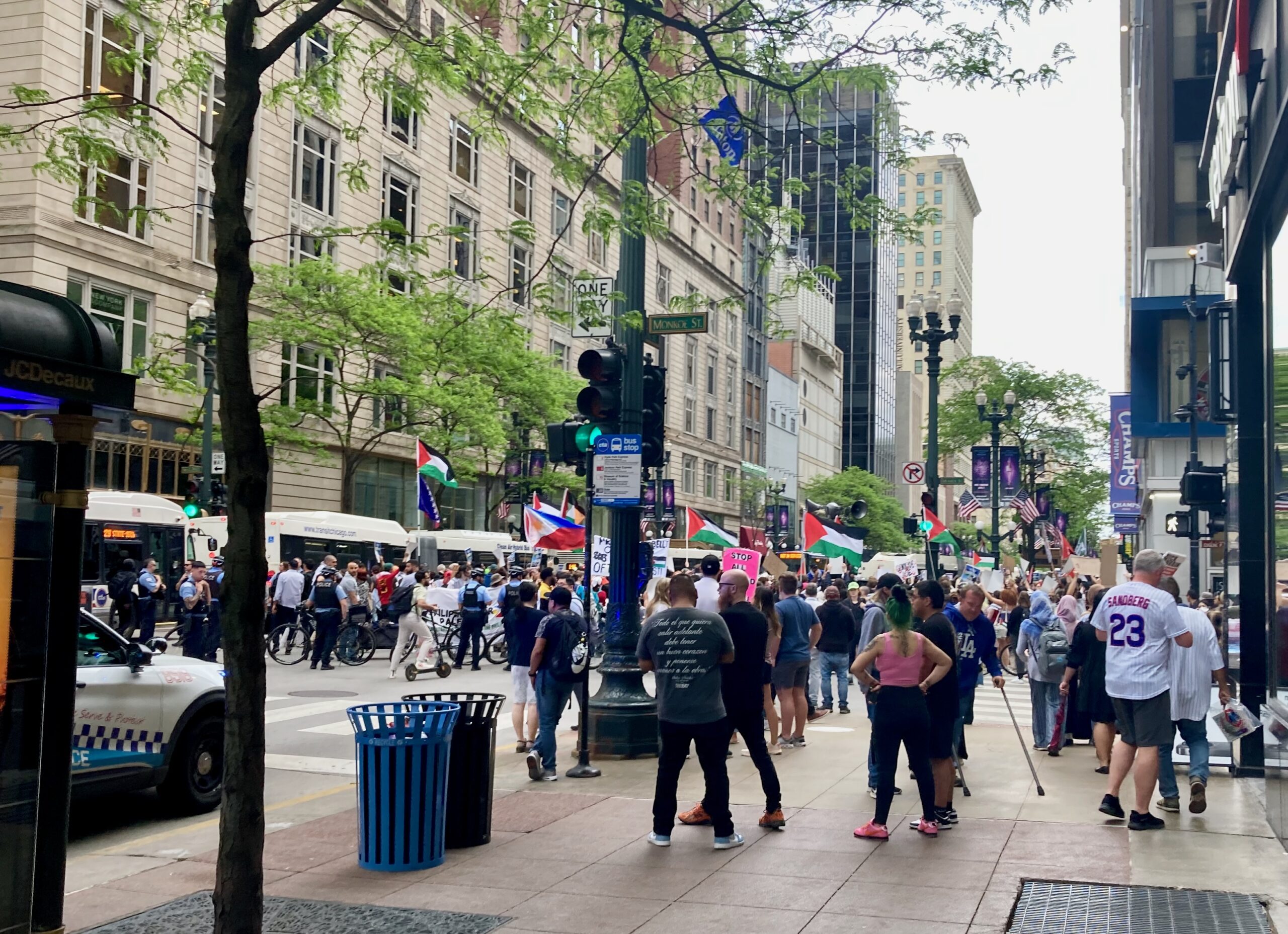President Biden visited a nearby hotel for a fundraiser last night. Following him were pro-Palestinian protestors, including one speaker who pledged not to vote in the upcoming election.
Like her, I am less than thrilled by the current presidential prospects. I wish like many that we had better, or at least other, options.
Some might suggest that we do — RFK Jr. is one, and Cornel West could be another — and they’re right if a candidate consists of someone who is running. They would be wrong however if the definition of a candidate is someone who can win, or who could actually become president, in which case we must choose between two.
Our political system once again has generated only two possible people who can realistically become president. That, and the larger two-part system, might be limitations or flaws, but the time to address such issues isn’t an election year.
This year, the choice is perhaps clearer than usual. Both viable candidates have demonstrated how they would govern, and past performance might not guarantee future performance but can allow for informed predictions.
Such predictions are even more informed after recent interviews. For example, the Republican candidate who has called for suspending the Constitution joked about being a dictator and suggested a possible rejection of the results.
The choice this time for these and other reasons, isn’t one about policy differences. Rather, it’s a decision about the existence of this American experiment, which while having failed at times has persistent and evolved.
The stakes seem even higher after the recent court decisions this week to delay the Georgia and Florida cases, which will likely mean that this election will occur without a clarification of facts or any accountability for actions. As a result, no reasonable person could have any doubt about whether to vote or to vote for a third-party candidate or even which candidate to choose.

Leave a Reply